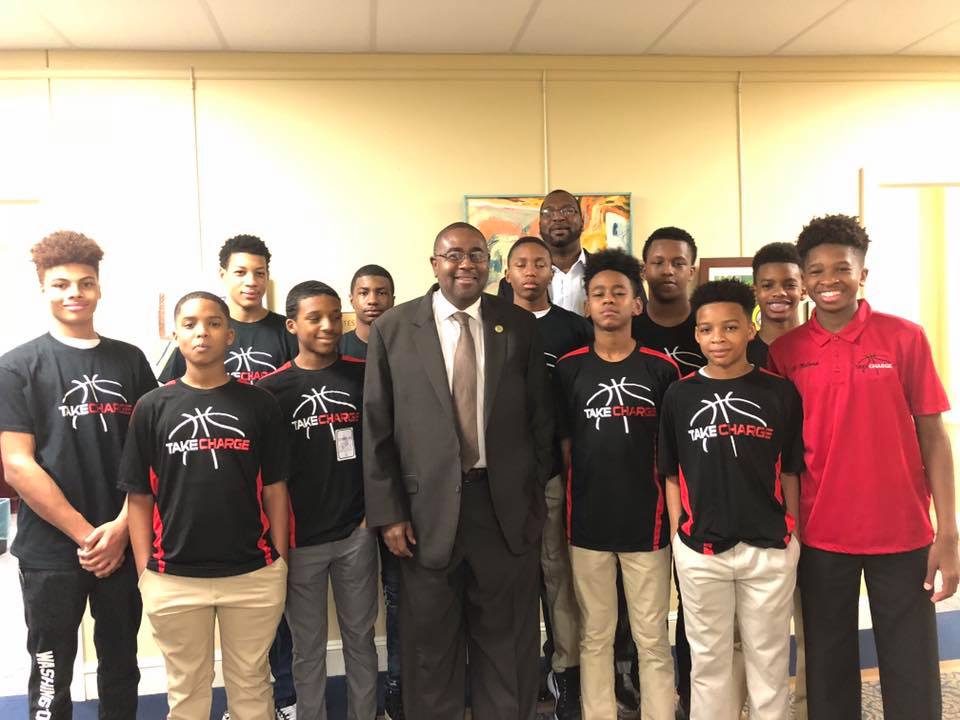 We are a collaborative community-based 501c3 non-profit organization specializing in pre-teen & teen behavior health, youth development and family strengthening programming. Created as an alternative to youth detention and student expulsion, we have compiled an exemplary record of providing services to challenged youth through a variety of programs and supportive services. We are funded through private donations and both government and corporate grant funding.
We are a collaborative community-based 501c3 non-profit organization specializing in pre-teen & teen behavior health, youth development and family strengthening programming. Created as an alternative to youth detention and student expulsion, we have compiled an exemplary record of providing services to challenged youth through a variety of programs and supportive services. We are funded through private donations and both government and corporate grant funding.
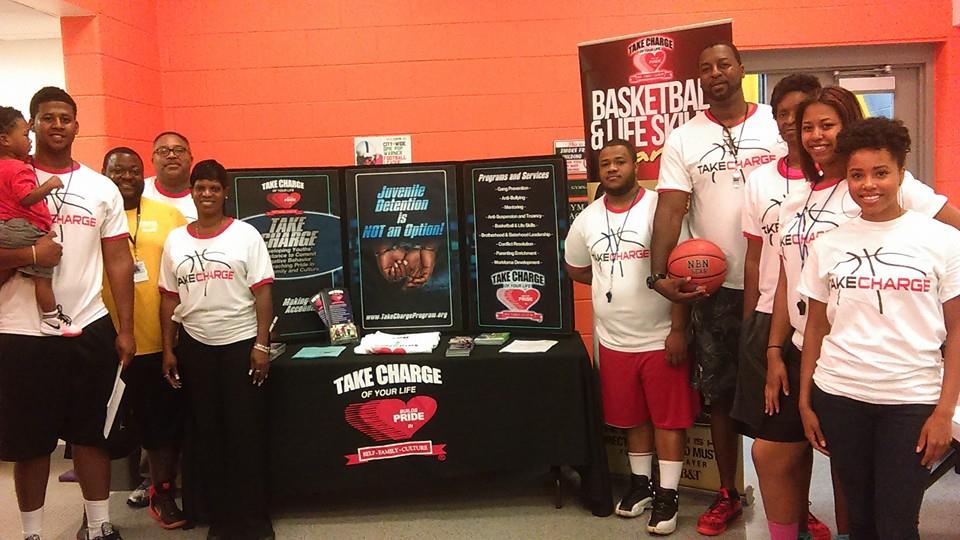
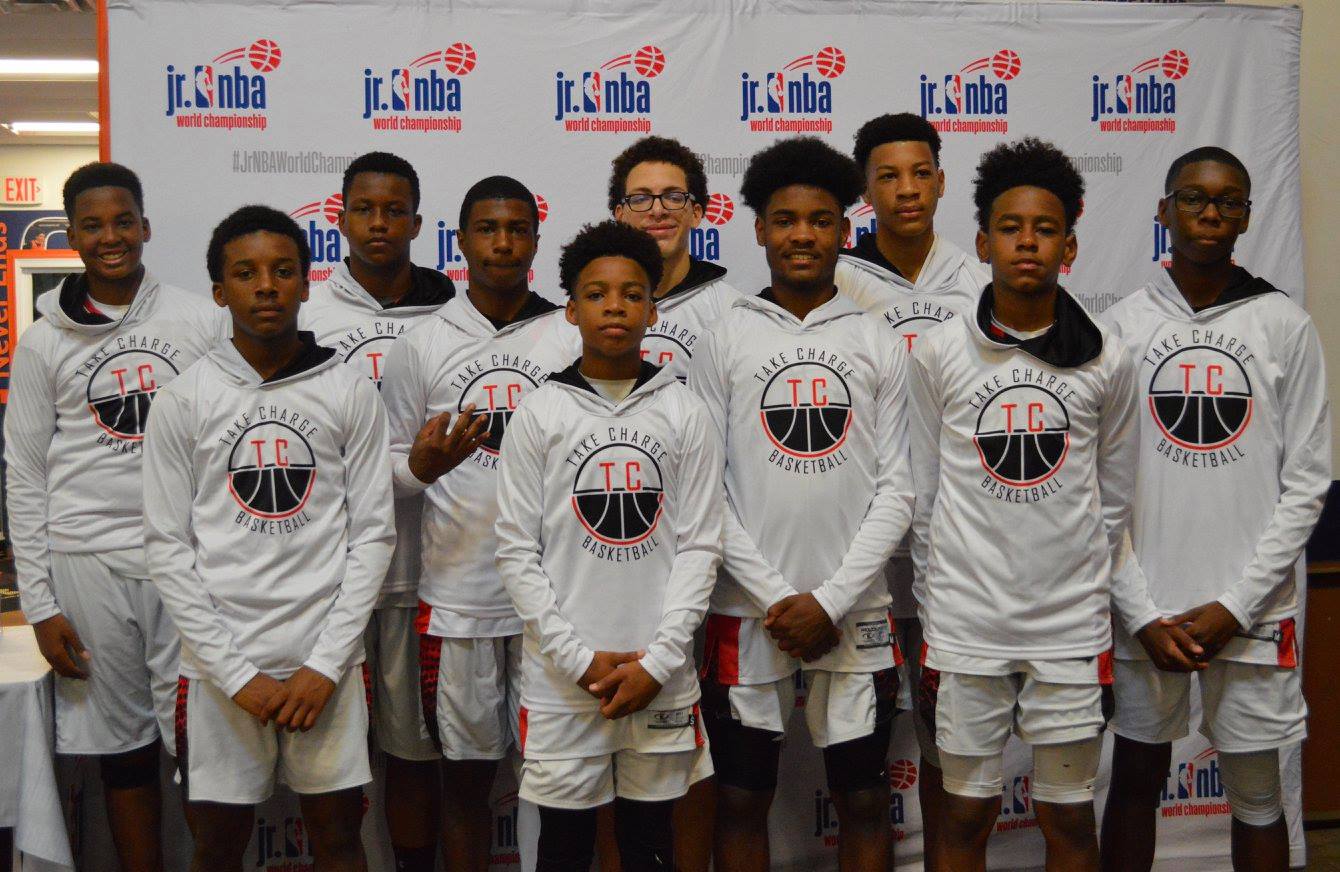
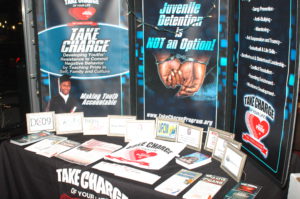
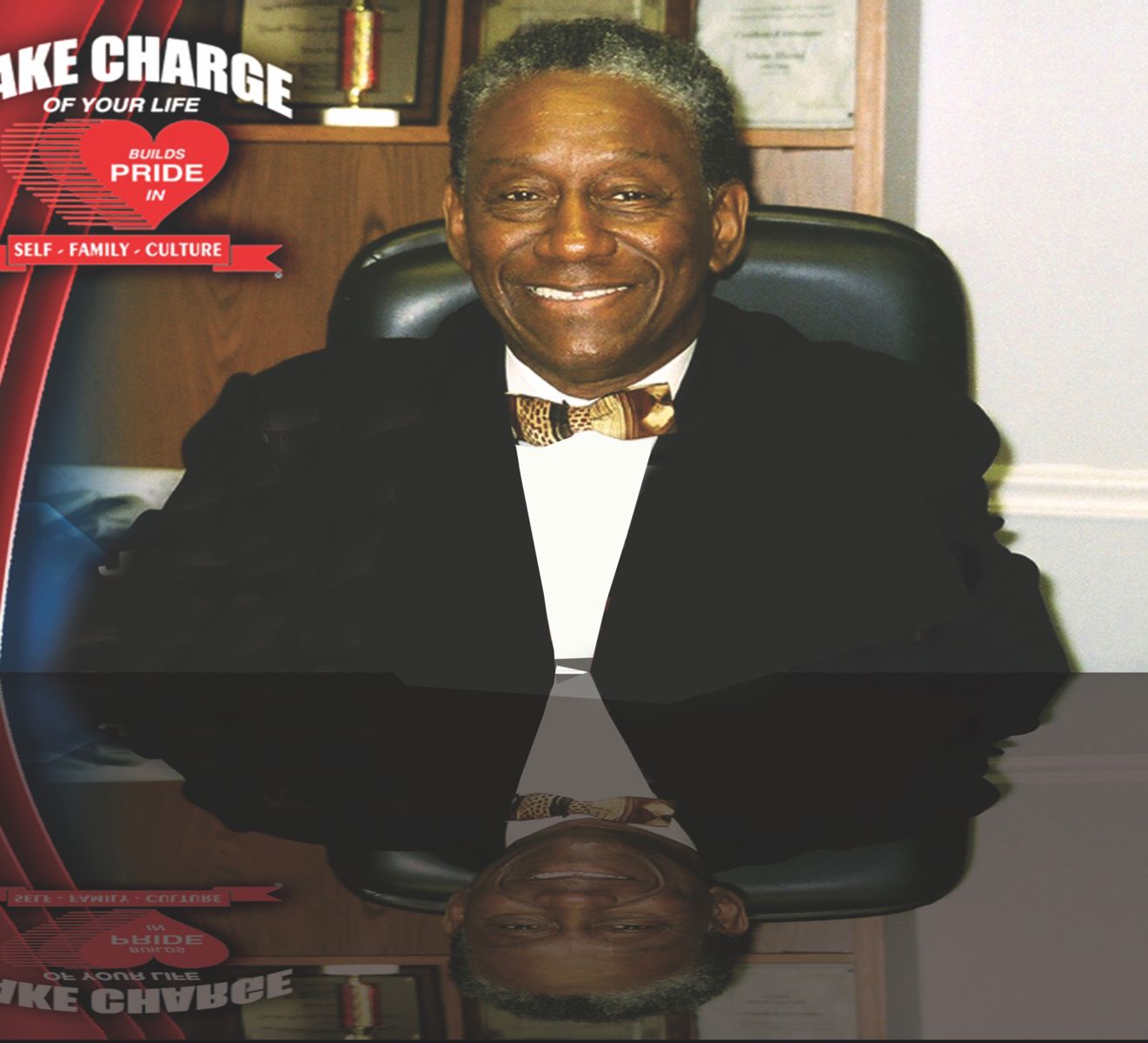
The overreaching goal of the Take Charge Re-Entry Transition & Life Skills Services Program is to reduce recidivism, provide leadership, life coaching/mentoring and oversight to returning citizens.
Our comprehensive re-entry initiative will provide individual support and service by coordinating efforts with the following goals and strategies: reduction recidivism, elimination of violence, elimination of substances/ alcohol abuses and treatment, job training/ preparation, legal resources and expungement, home acquisition, healthy domestic relationship and family strengthening, parenting development services, improved mental/ emotional/ physical health services, job placement and retention, life coaching and mentoring.
Strengthening young fathers has been designed to provide young dads with the skills and resources many young men lack. In addition to positive role models and “go to” resources, young male parents will have an opportunity to  receive evidence-based workshop training that will result in improved communication with peers as well as their children, and interact with their child(ren) in planned play activities – bringing them together and providing positive experiences to build stronger bonds.
receive evidence-based workshop training that will result in improved communication with peers as well as their children, and interact with their child(ren) in planned play activities – bringing them together and providing positive experiences to build stronger bonds.
Basketball And Life Skills
Each summer, five-day Basketball and Life Skills Camps are conducted in the Washington DC Metropolitan Area. The camp offers comprehensive values-centered programs that use basketball as a linchpin to address issues challenging today’s youth.
Camps promote anger management, conflict resolution, teamwork, and good sportsmanship and habits while helping youth stay occupied in productive activities. Life skills are taught to increase youths’ abilities to resist negative peer pressure and help improve academic performance. Educators and sports personalities serve as instructors for daily sessions that take place at selected local school gyms.
For more information about this program, call the office at (301) 420-7395.